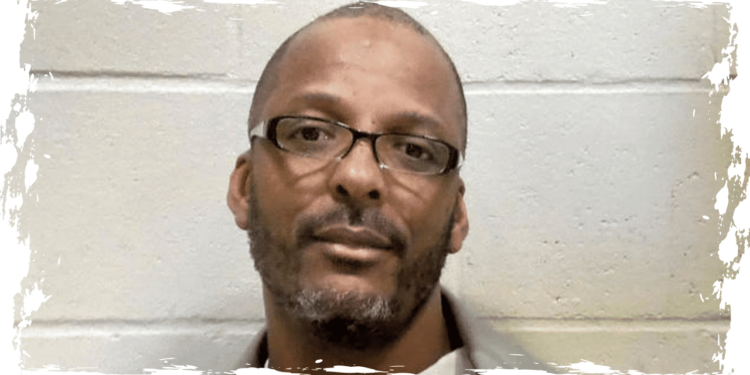St. Louis prosecutors are now convinced that Dunn is speaking the truth, while attorneys representing the Missouri Attorney General’s Office hold a different opinion and will advocate for his continued incarceration. Dunn, who is 52 years old, is currently serving a life sentence without the possibility of parole at the Locking state prison in Missouri. However, he is expected to be present at the upcoming hearing before Judge Jason Sengheiser, which is scheduled to commence on Tuesday.
A hearing is set to take place as a result of a motion filed in February by St. Louis Circuit Attorney Gabe Gore. In accordance with a Missouri law implemented in 2021, prosecutors now have the ability to request hearings when they have reason to believe that a wrongful conviction may have occurred.
In a segment on “CBS Mornings” last November, Dunn confessed to CBS News and “48 Hours” correspondent Erin Moriarty that he had no knowledge of Ricco Rogers. He described himself as an innocent person who had been wrongfully imprisoned for a crime he did not commit, expressing fear that he might die behind bars.
In Missouri, Dunn, who had already experienced three heart attacks during his time in prison, expressed his struggle to comprehend the concept of justice.
According to Dunn, he was at home with his mother at the time Rogers was killed. Although there was no evidence to back up the claims of the two teenagers who said they saw the murder, Dunn was quickly convicted and has been serving a prison sentence for 33 years.
According to Moriarty, Dunn’s continued imprisonment can be attributed to a peculiar aspect of Missouri law.
According to Moriarty, if Dunn had been sentenced to death, he would have already been released by now. However, he is currently serving a life sentence without the possibility of parole, which is essentially the same thing. The unfortunate reality in Missouri is that individuals serving life sentences do not have the right to make claims of innocence. This means that Dunn’s fate ultimately rests in the hands of the prosecutor, who was responsible for his conviction in the first place.
According to court filings, the primary witnesses in Dunn’s trial have recanted their testimonies in sworn affidavits. One of the witnesses admitted to perjury in 2005, while the other did so in 2015. Despite this, Dunn has remained in prison.
In May 2023, Kim Gardner, the former St. Louis Circuit Attorney, took action to nullify Dunn’s sentence. However, Gardner resigned shortly after, and following his appointment by Governor Mike Parson, Gore expressed his intention to conduct an independent investigation. In February, Gore made an announcement stating his plan to challenge the conviction and seek its overturning.
Dunn, an African American, was only 18 years old when Rogers was fatally shot on the evening of May 18, 1990. Although there was no concrete evidence connecting Dunn to the crime, the two boys informed the authorities that they witnessed Dunn standing in the gangway of the neighboring house, just moments before the gunfire erupted.
According to court records, Rogers and the two boys fled in response to the sound of gunshots. Tragically, Roger was fatally wounded in the incident.
The innocence case of Dunn has been previously heard by a judge.
During an evidentiary hearing in 2020, Judge William Hickle acknowledged that Dunn would probably be found not guilty by a jury due to new evidence. However, Hickle chose not to exonerate Dunn, referring to a 2016 ruling by the Missouri Supreme Court which stated that only individuals on death row, not those like Dunn who were sentenced to life in prison without the chance of parole, could make a “freestanding” claim of actual innocence.
Two men who spent decades in prison have been released as a result of the 2021 law.
A hearing date is yet to be determined for another case, where a Missouri murder conviction is being challenged. This case involves a man who came perilously close to being executed for the crime.
In January, St. Louis County Prosecuting Attorney Wesley Bell took action to annul the conviction of Marcellus Williams. Williams had narrowly avoided facing the death penalty seven years ago for the murder of Lisha Gayle in 1998. Bell’s motion highlighted the findings of three experts who concluded that Williams’ DNA was not present on the handle of the knife used in the fatal stabbing.










